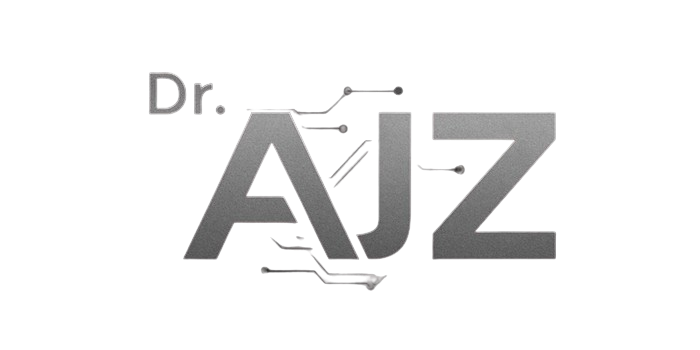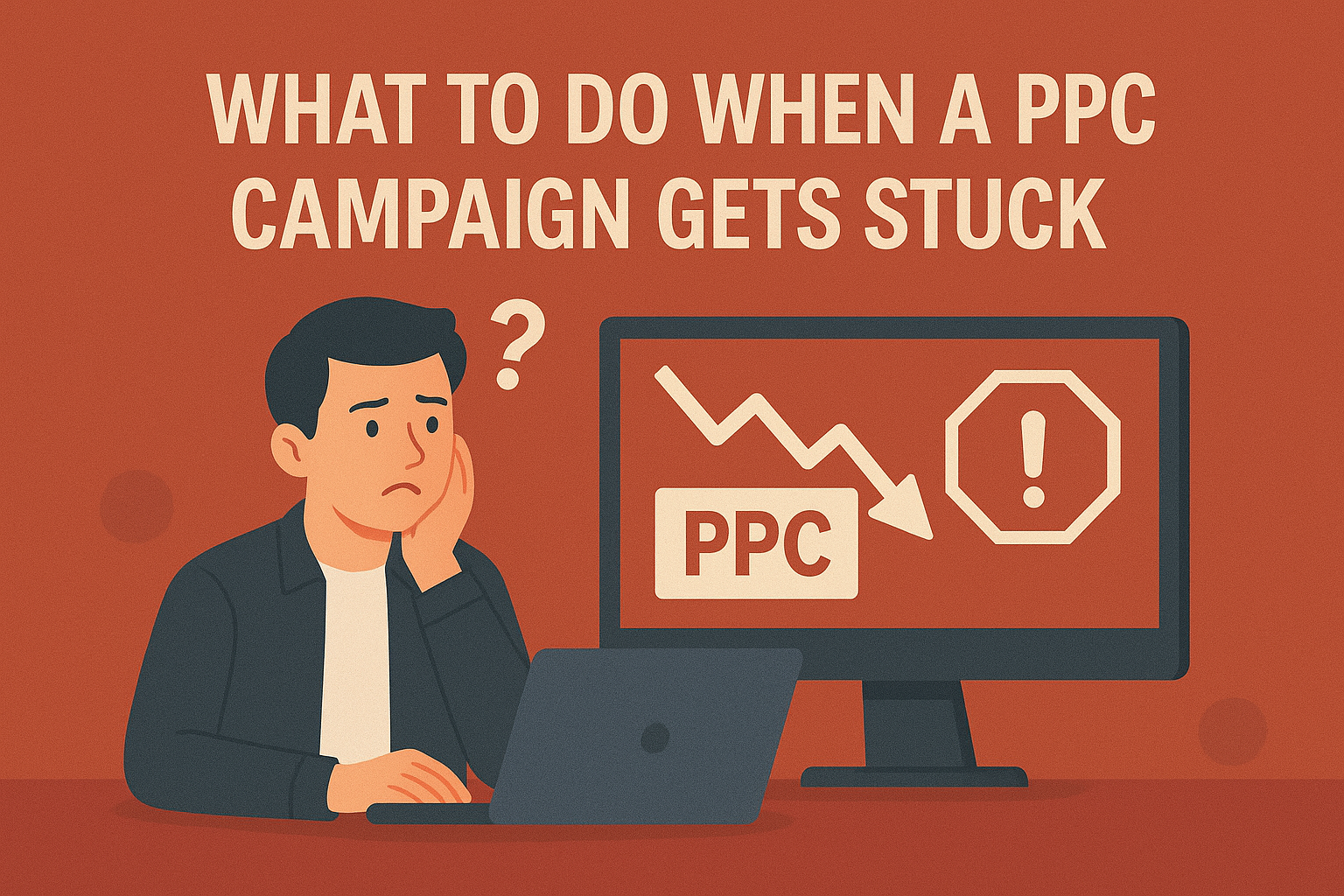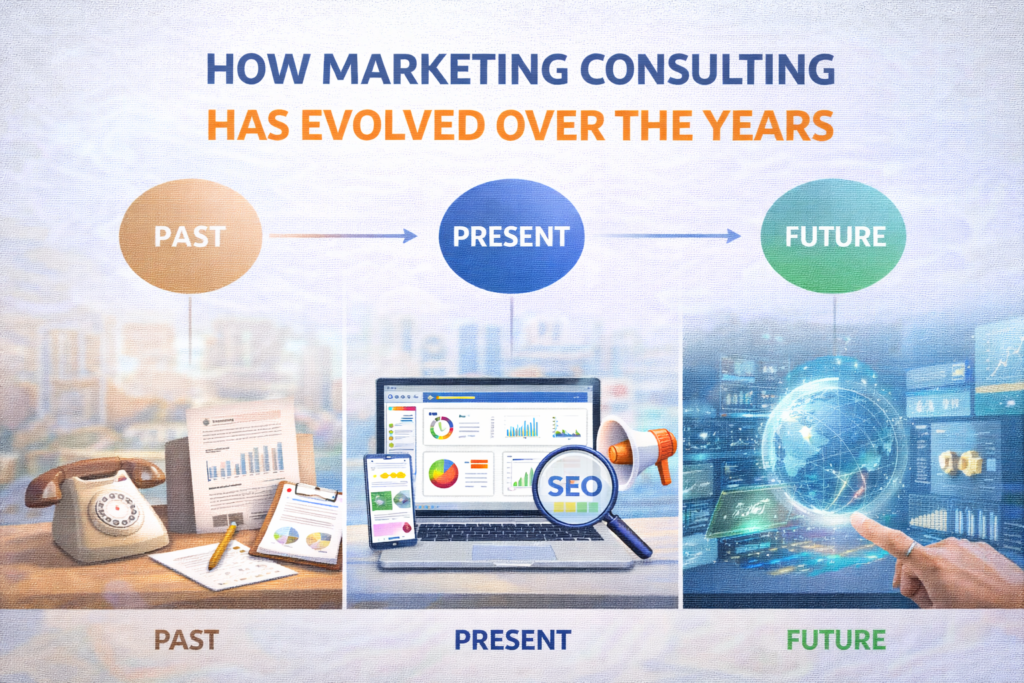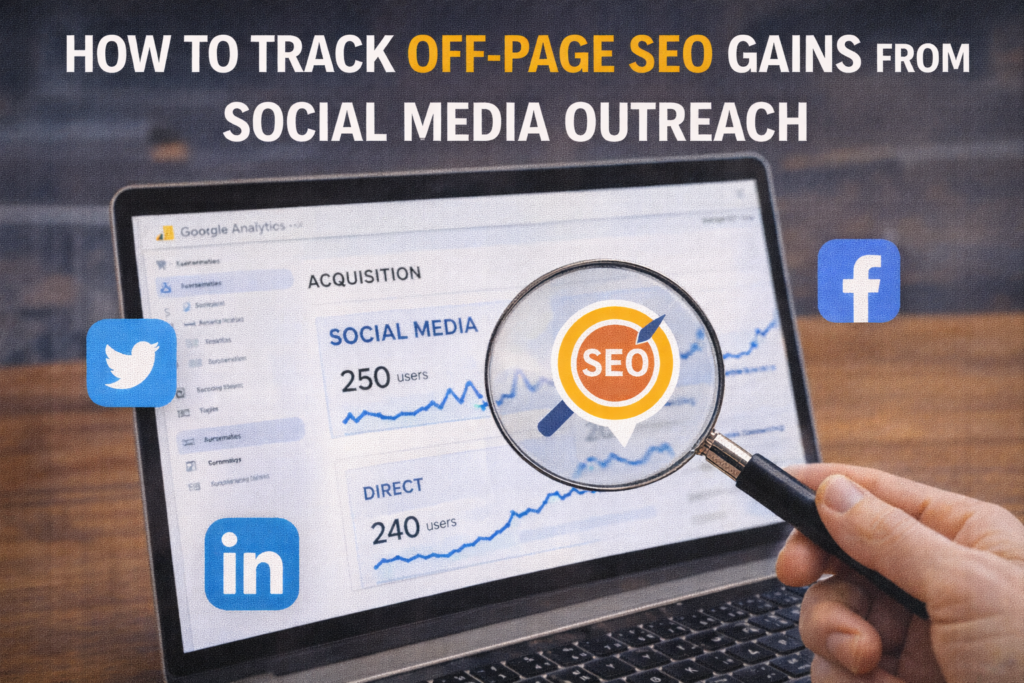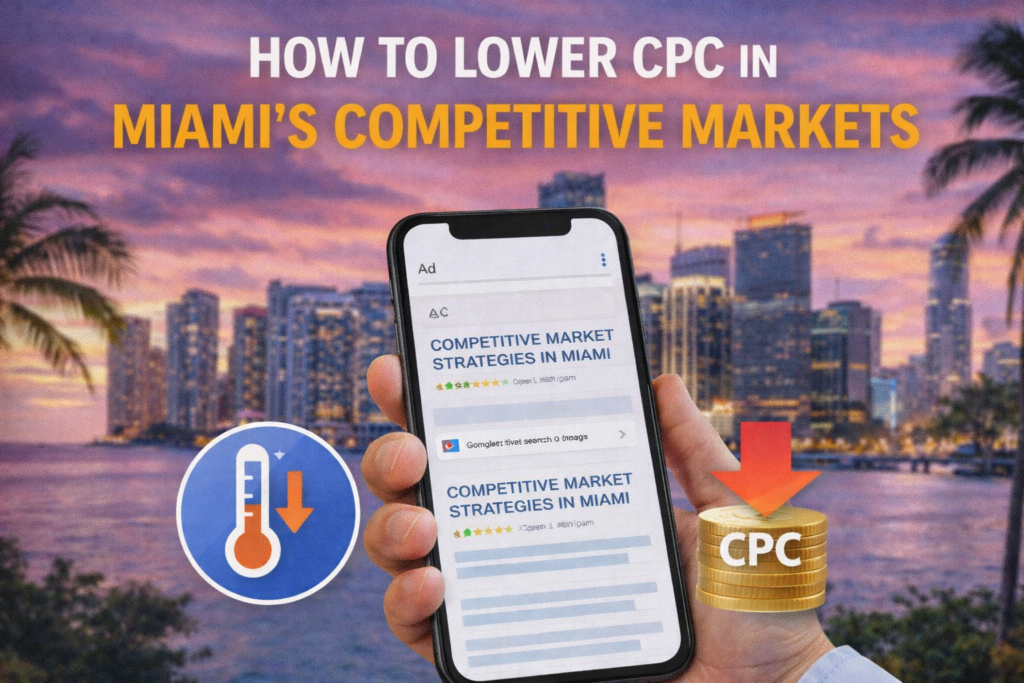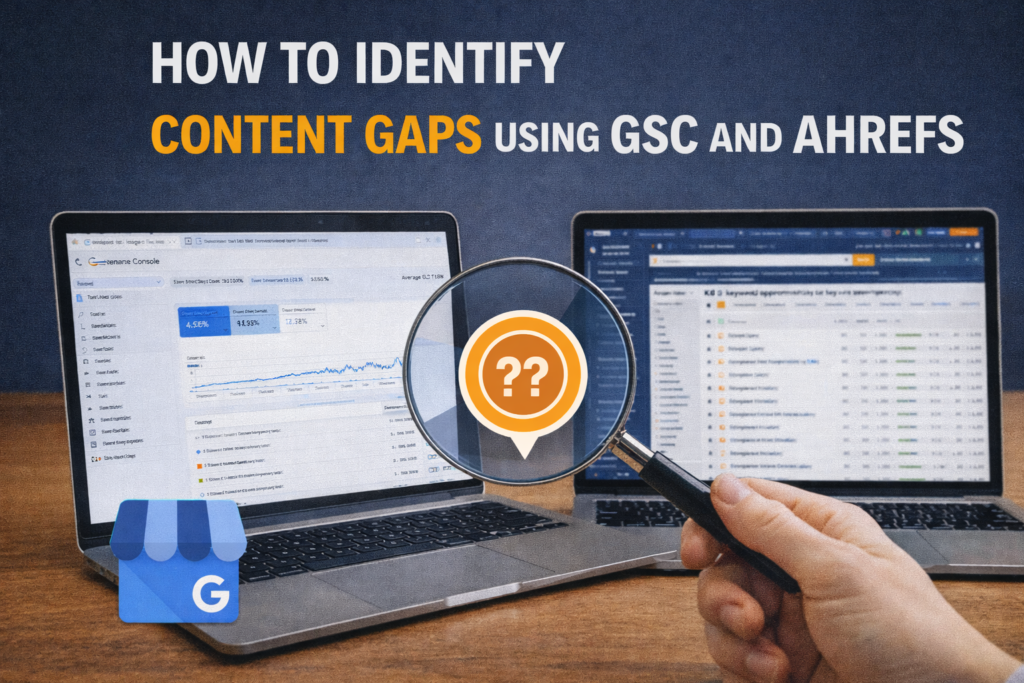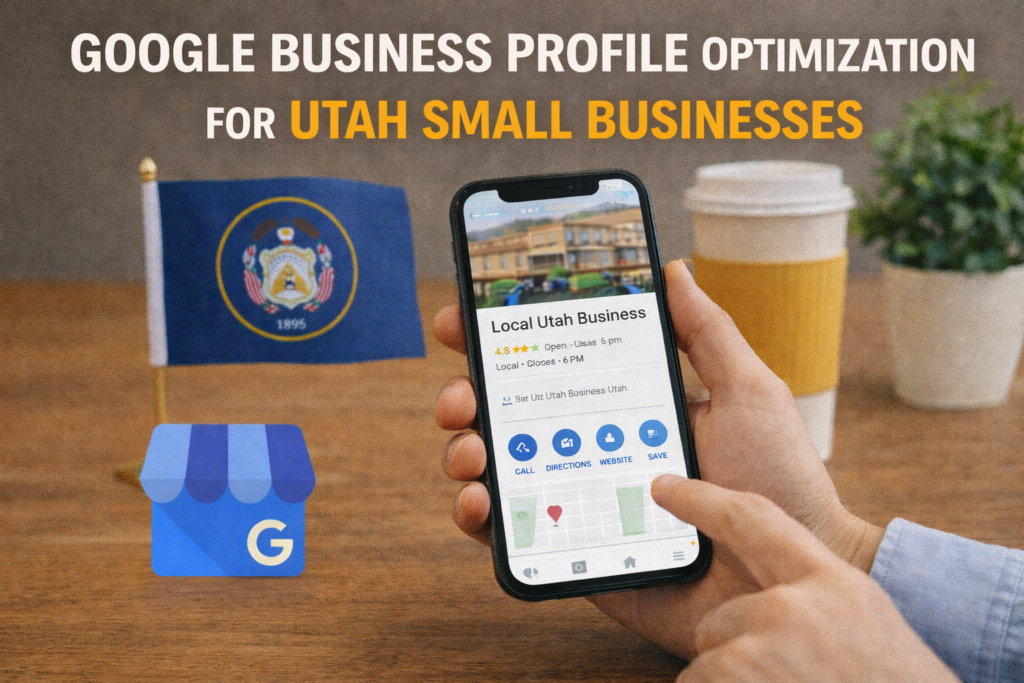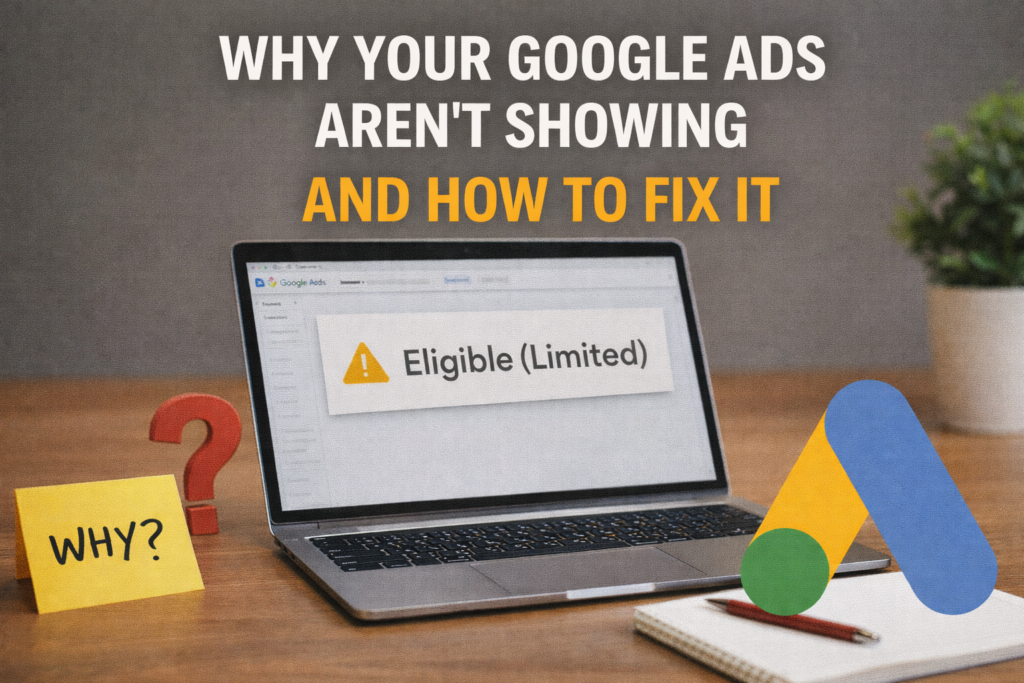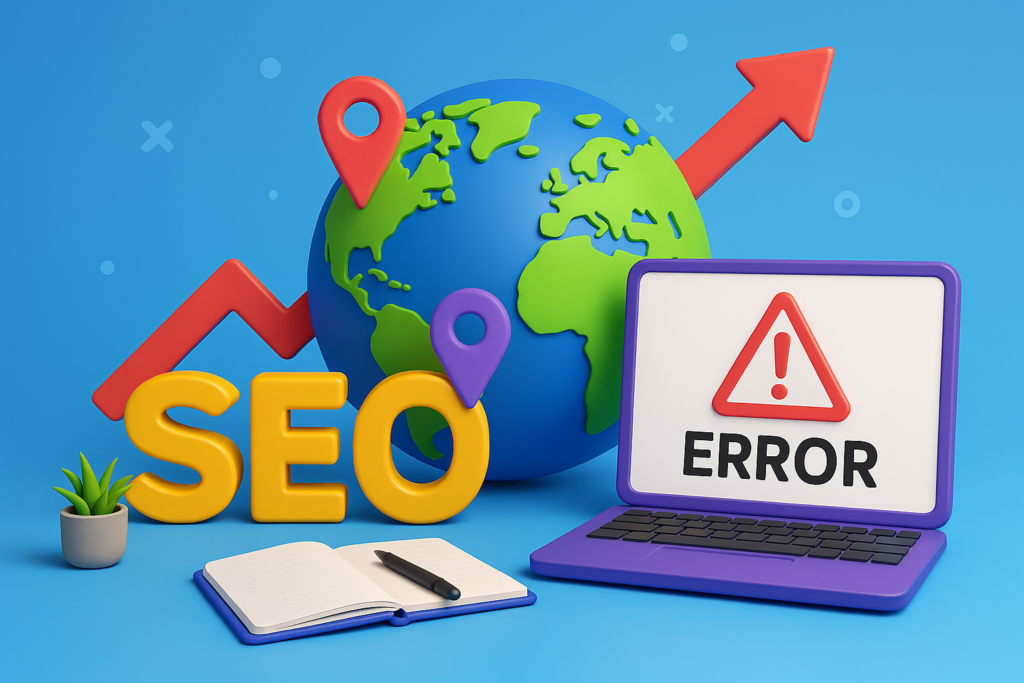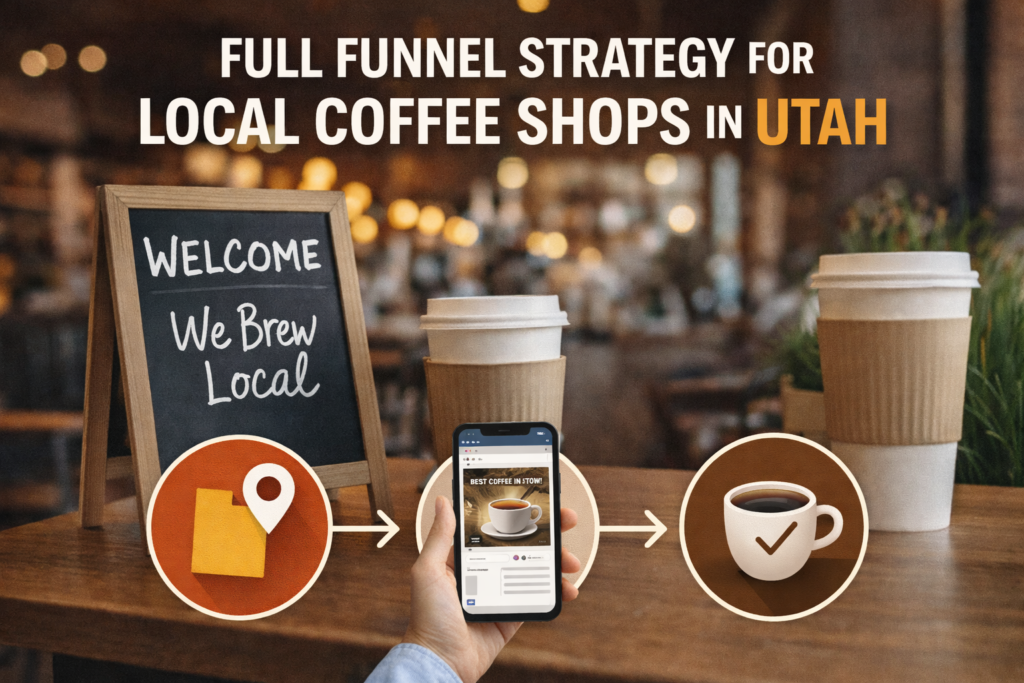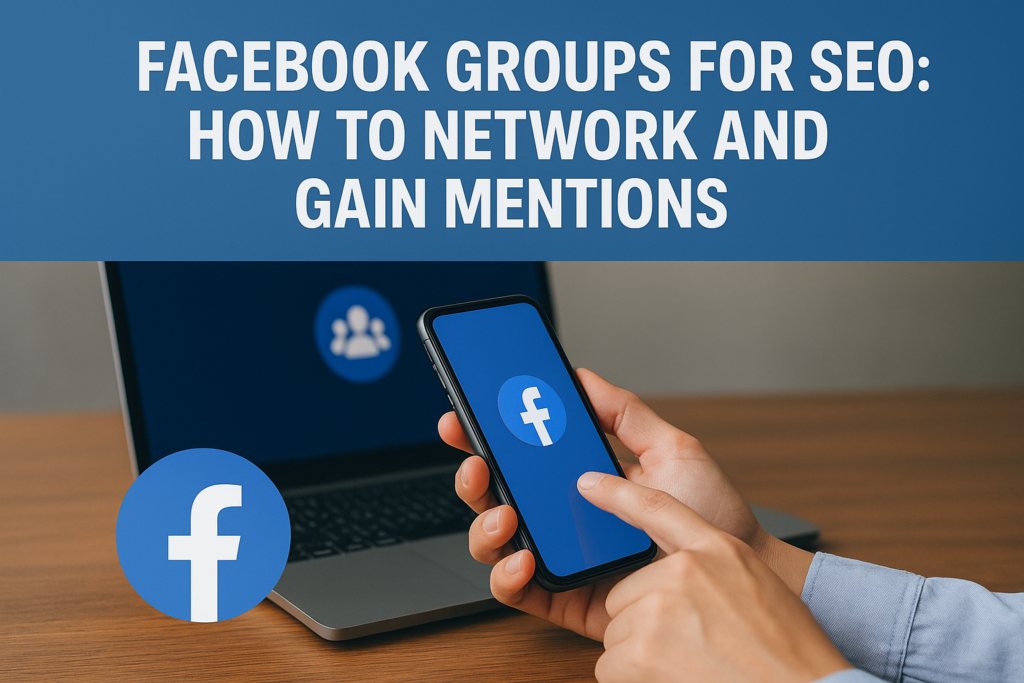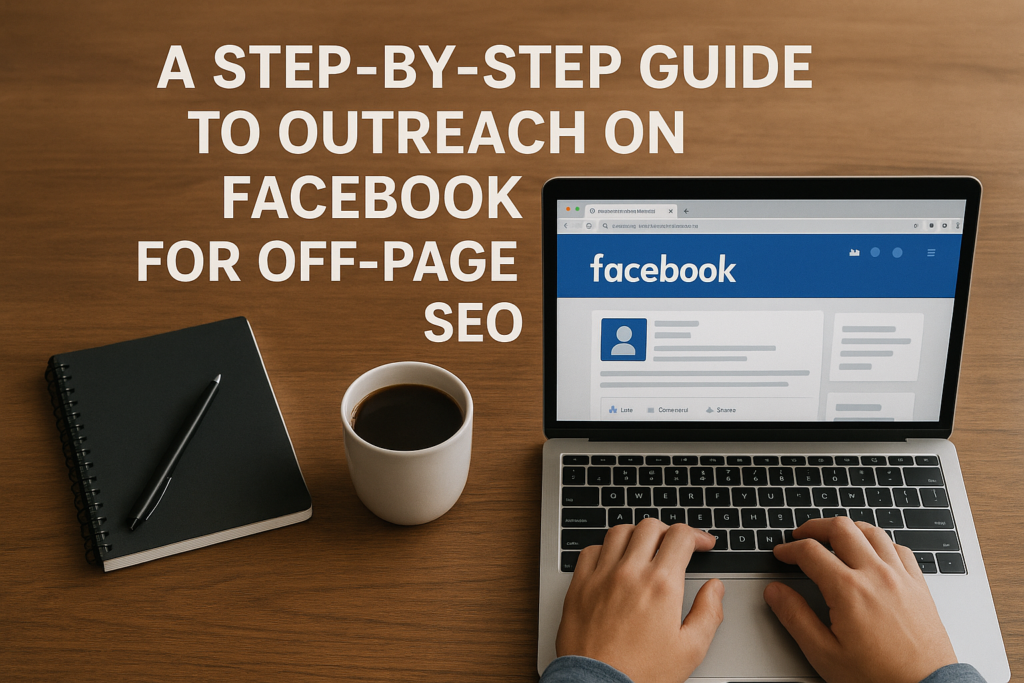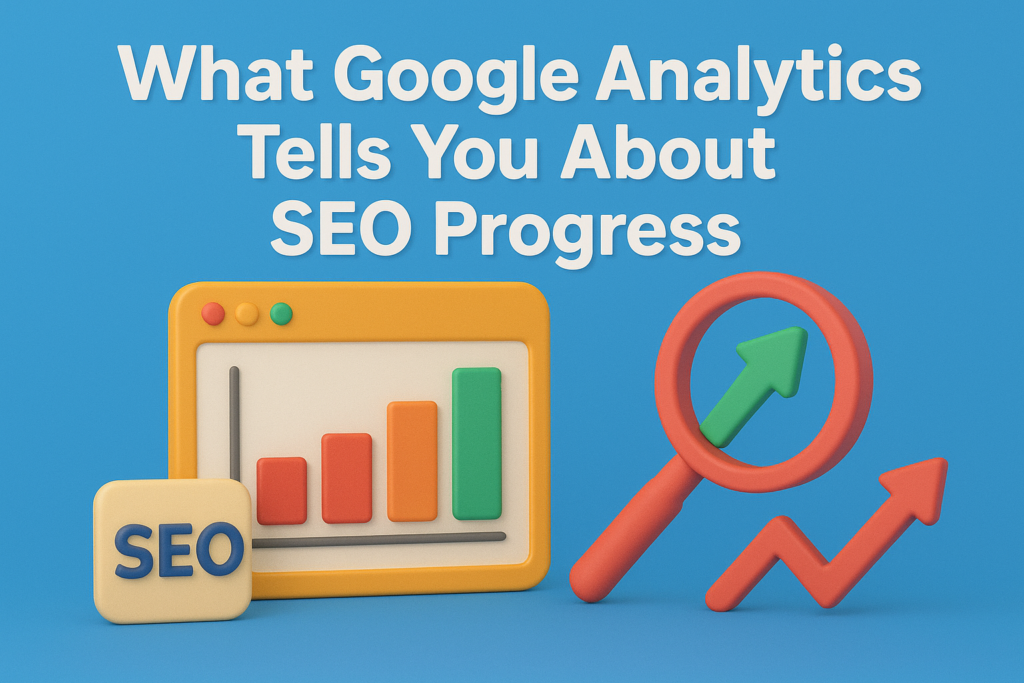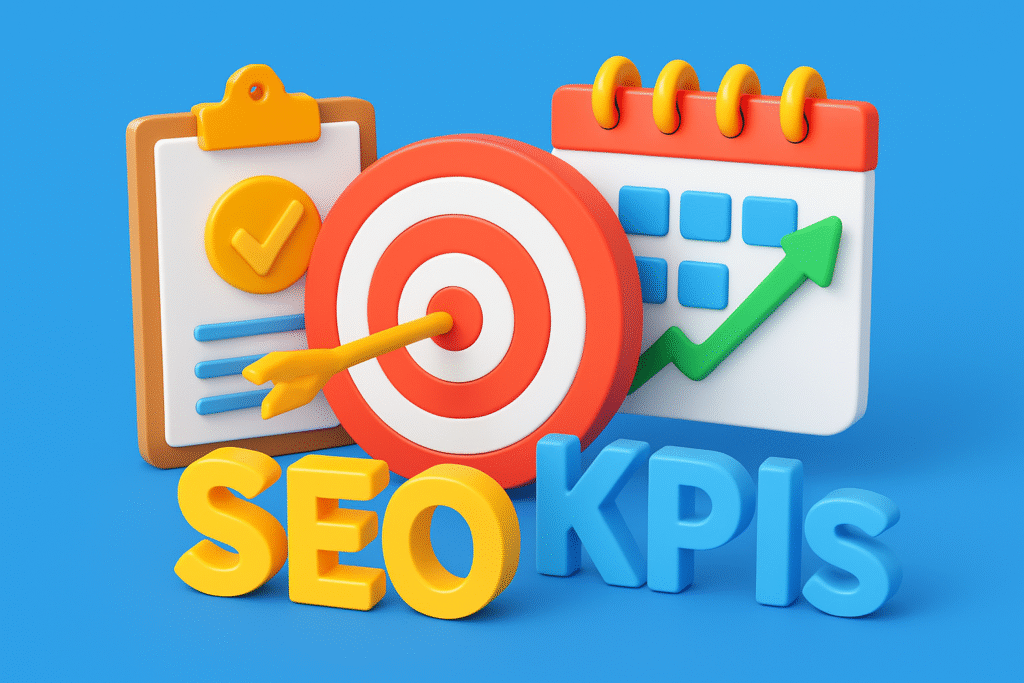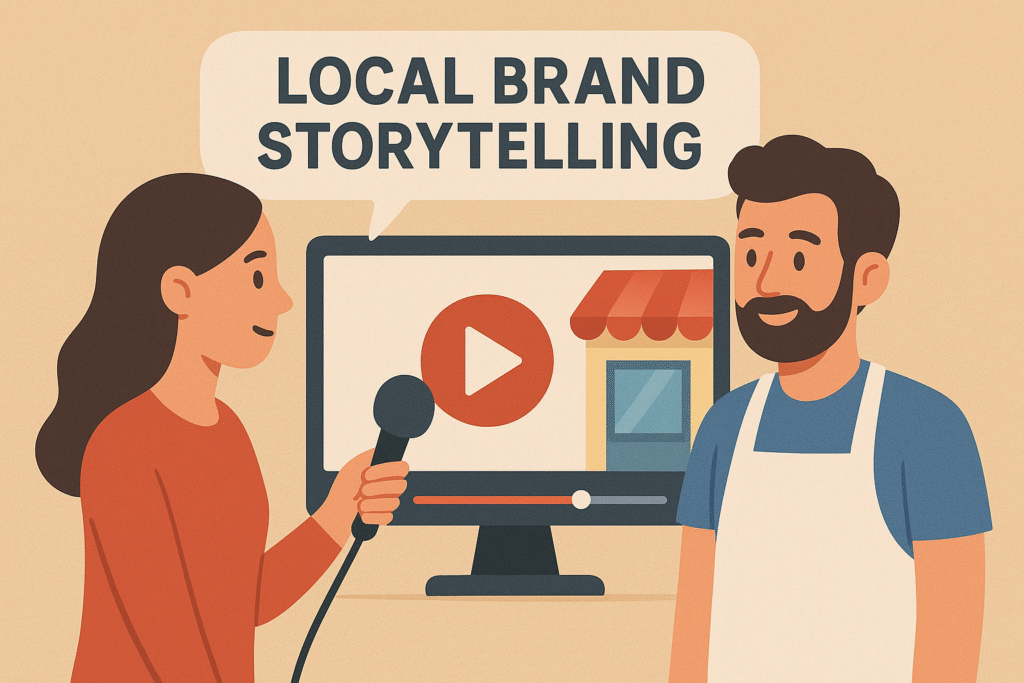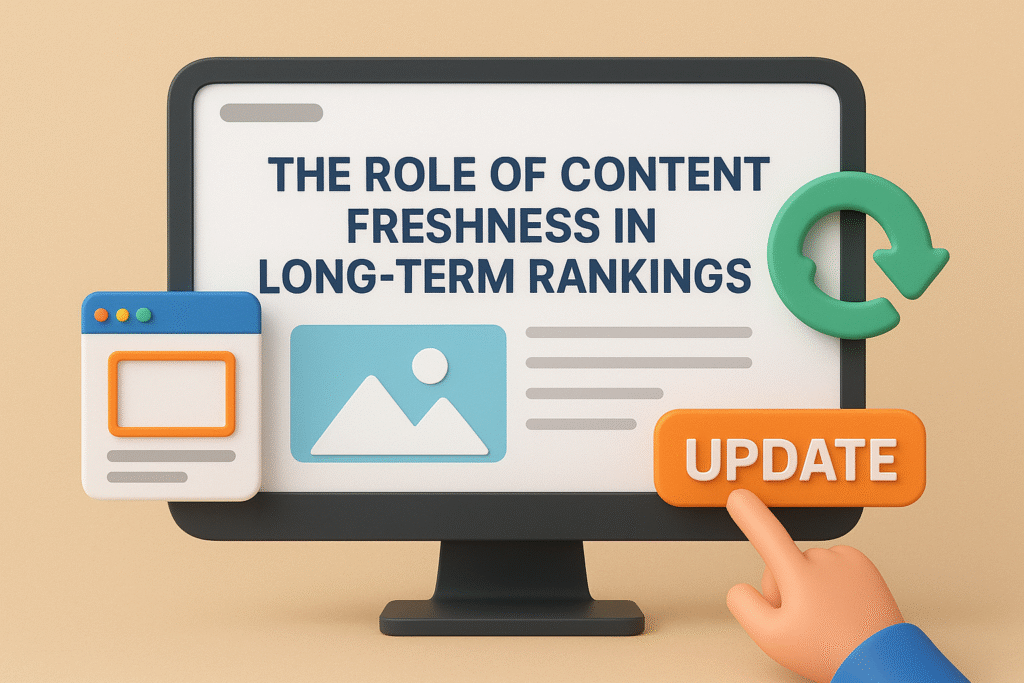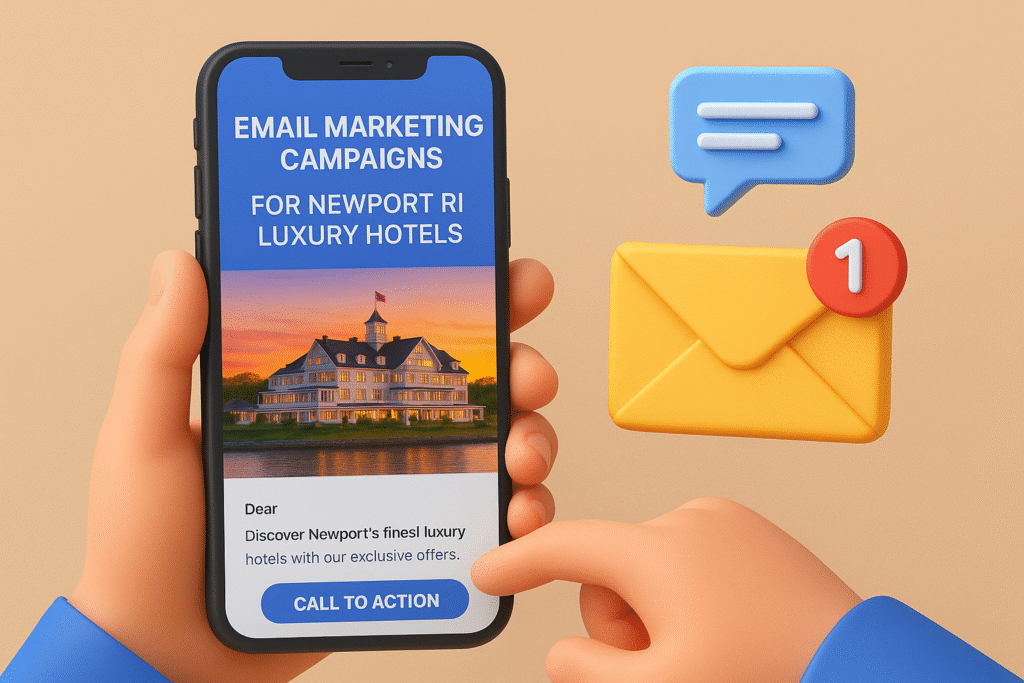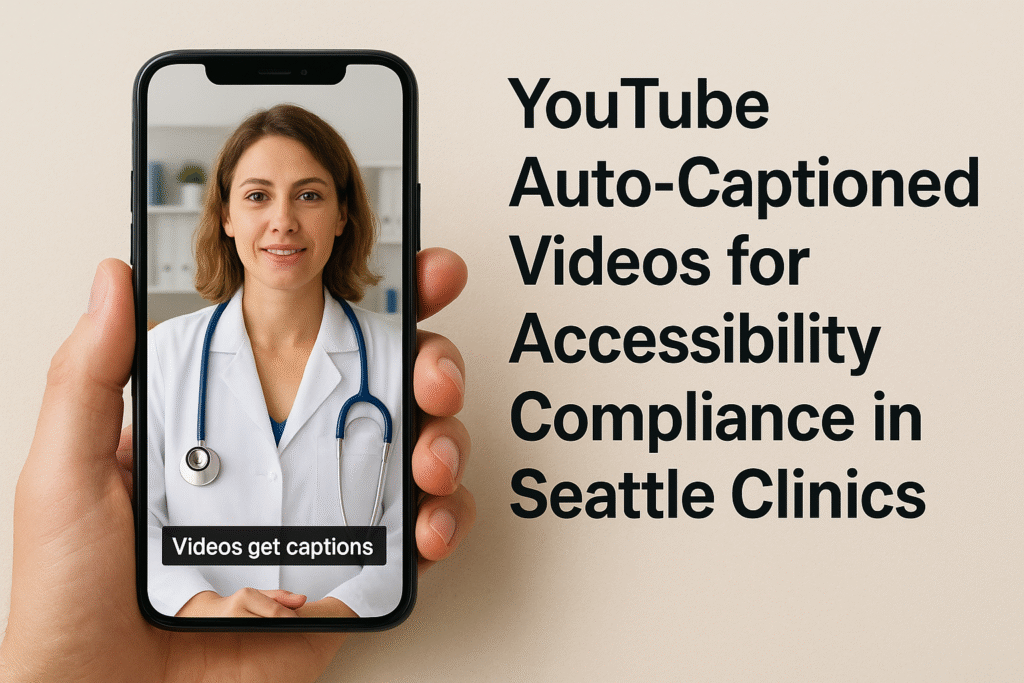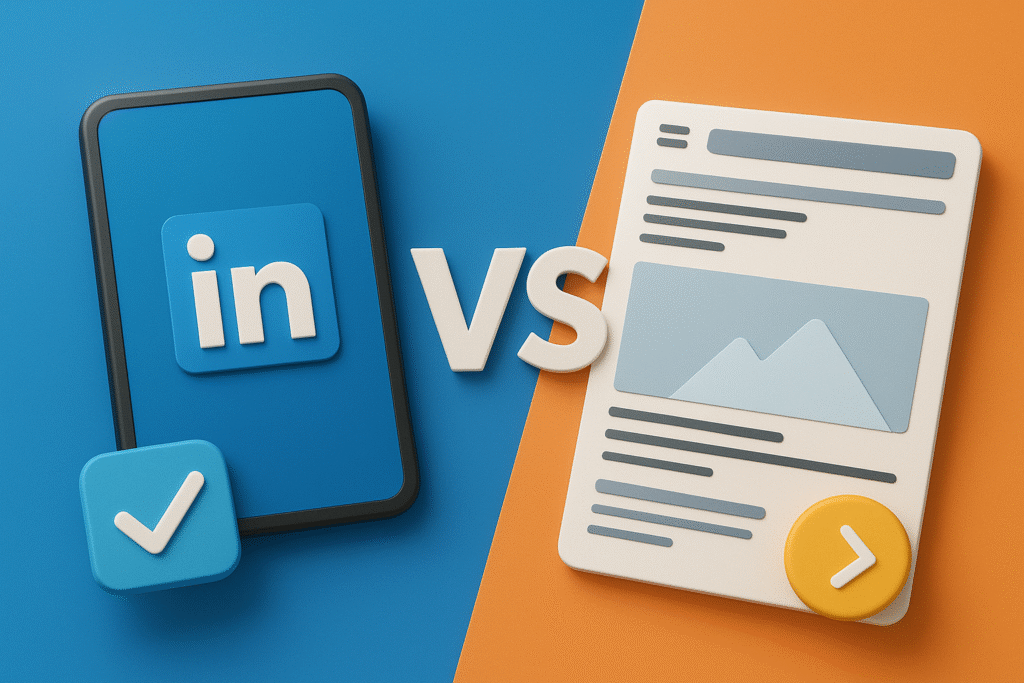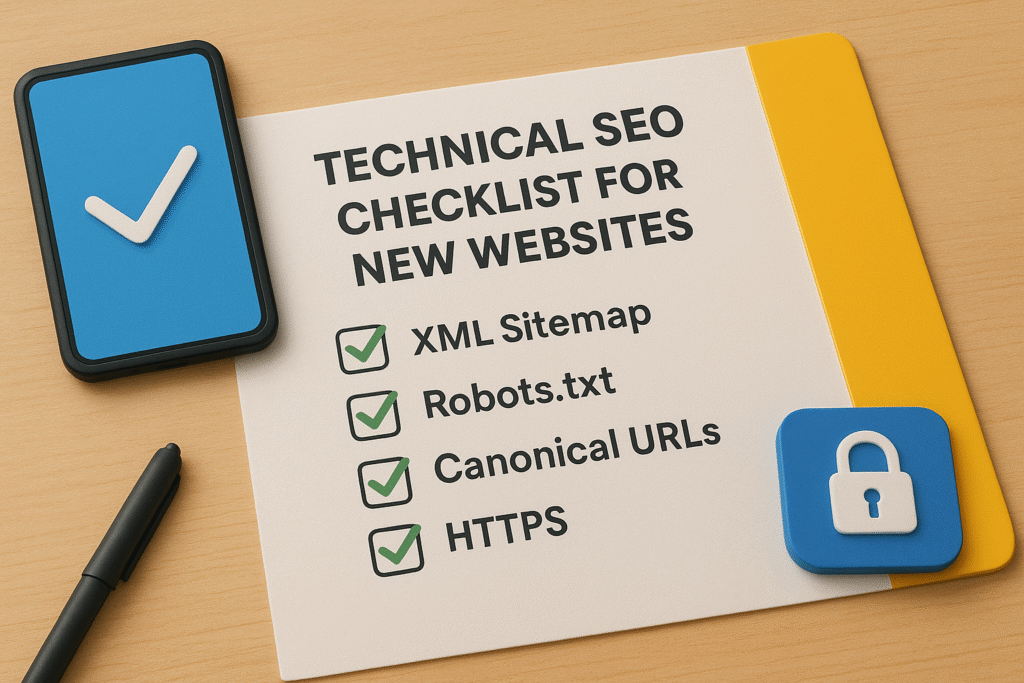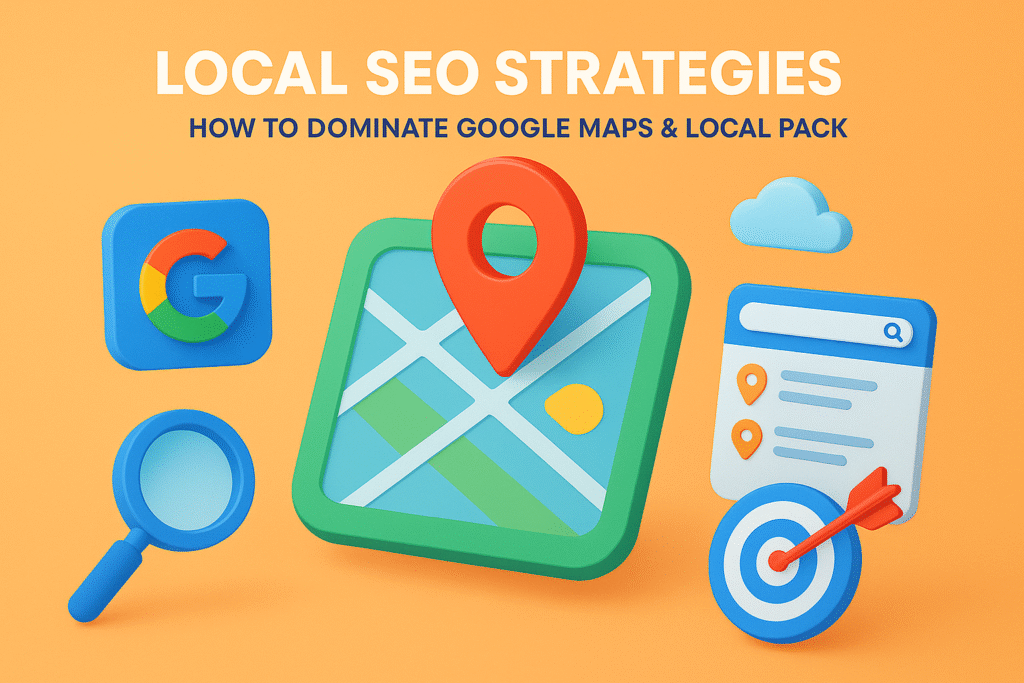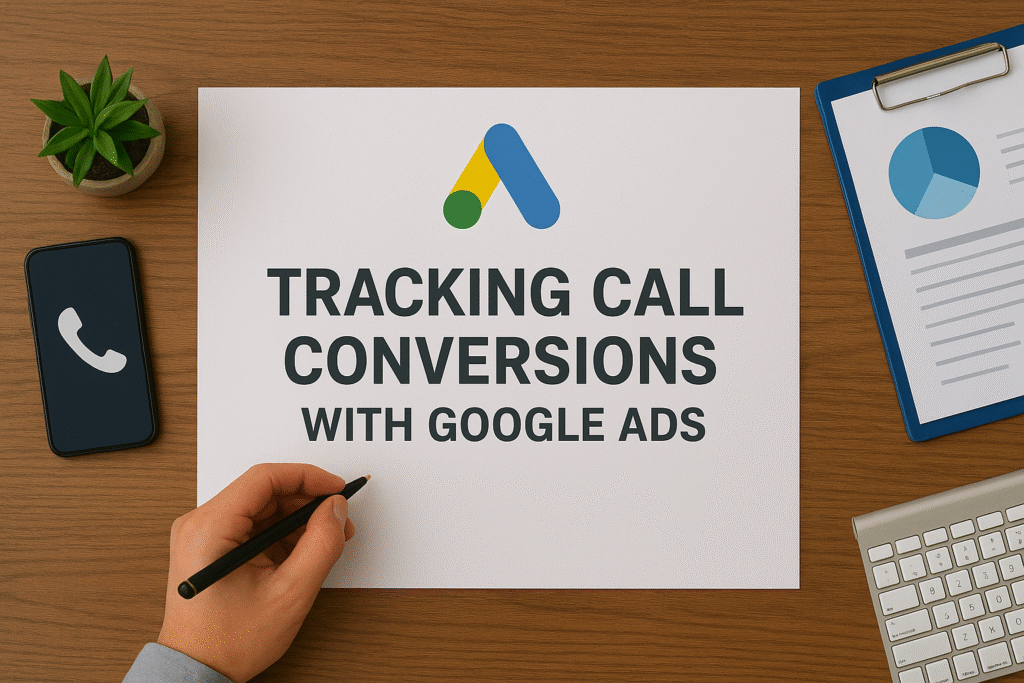If you’ve ever run a paid ad campaign and watched it stall out — no clicks, no conversions, no movement — you know the frustration. I’ve been there more times than I can count. But instead of panicking or shutting things down, I’ve learned how to diagnose and fix a stuck PPC campaign strategy with a methodical, step-by-step approach.
“According to WordStream, nearly 25% of small businesses waste their PPC budget due to under-optimized campaigns.” (WordStream)
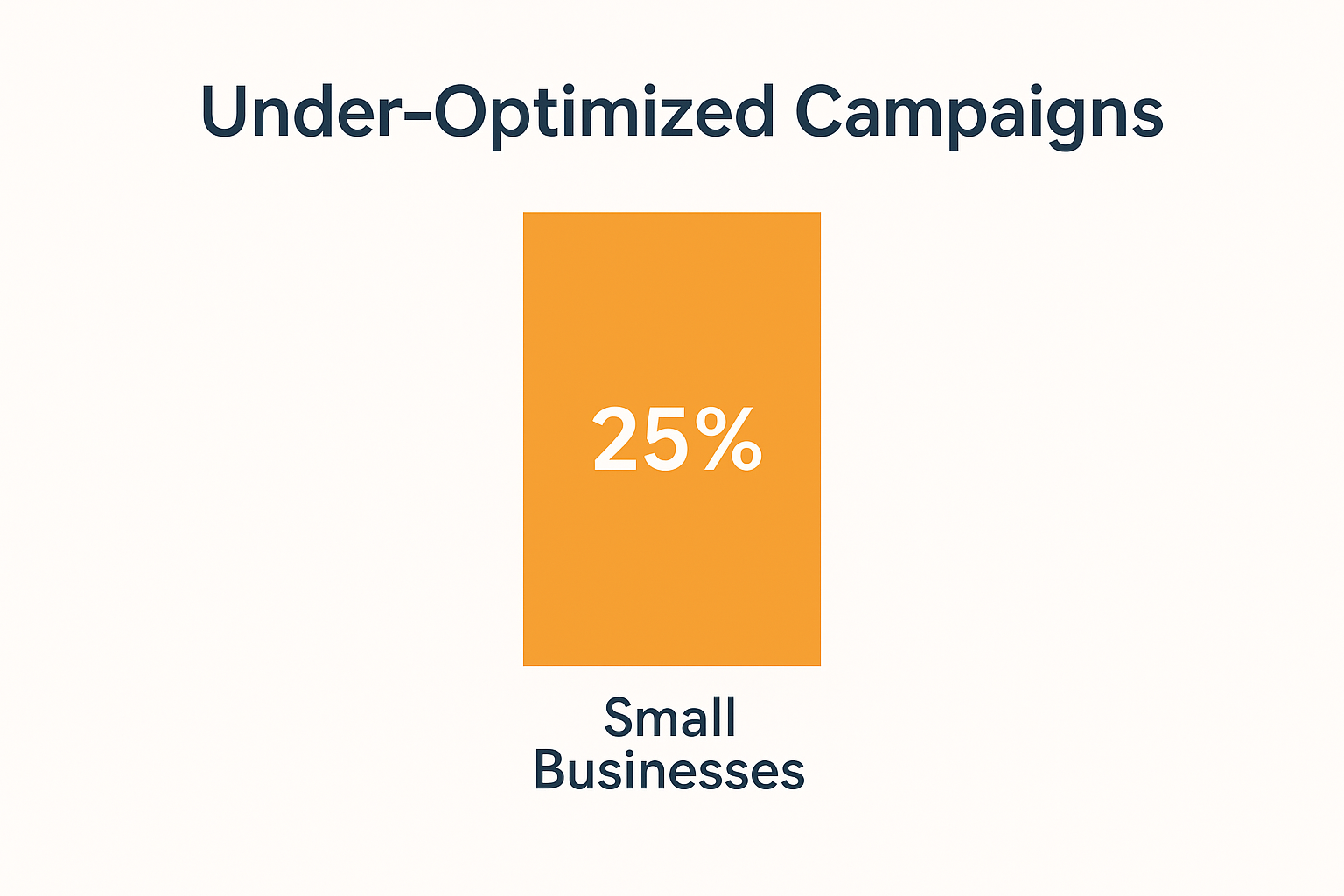
Let me walk you through what I do when a campaign flatlines — and how I revive it.
Step 1: Review the Campaign Structure
When a campaign gets stuck, the first thing I check is the structure. A poorly structured campaign is like building a house on sand.
I start by asking:
- Are the ad groups tightly themed?
- Are keywords grouped logically?
- Is there ad relevance across headlines and landing pages?
I use Google Ads Editor and SEMrush to evaluate structure and keyword targeting.
“Pro Tip: Make sure each ad group targets one core intent — mixing different match types and messages in one group kills performance.”
Step 2: Analyze Keyword Performance
Next, I look at the keyword data. I pull reports on:
- Click-through rates (CTR)
- Impression share
- Quality Score
- Conversion rates
Then I:
- Pause keywords with low CTR or high CPC and no conversions
- Add negative keywords to cut irrelevant traffic
- Refine match types (broad → phrase or exact where needed)
“Google uses Quality Score (1–10) to influence both ad position and CPC. Low scores = expensive, ineffective ads.” (Google Ads Help)
Step 3: Refresh Your Ad Copy
When I see impressions but no clicks, I know it’s a messaging issue. I rewrite the ads:
- Highlight a strong unique selling point (USP)
- Include numbers, CTAs, urgency
- A/B test 2–3 variations per ad group
I use Google Optimize or Unbounce to test variations if it’s tied to a landing page.
“Pro Tip: Focus on benefits, not just features. CTR increases by 50%+ when ads speak directly to pain points.” (Search Engine Land)
Step 4: Evaluate Landing Page Experience
Sometimes the campaign looks fine on the front end — but users drop off at the landing page. That’s where I shift attention.
I use Hotjar or Microsoft Clarity to review heatmaps and user sessions.
I’m checking for:
- Slow load speeds
- Cluttered design or confusing copy
- Weak CTA
- Lack of mobile optimization
If bounce rates are high and conversions are low, I run a CRO (Conversion Rate Optimization) sprint before pouring more money into the campaign.
“40% of users abandon a page that takes more than 3 seconds to load.” (Think with Google)
Step 5: Bid Strategy and Budget Reassessment
When your campaign stalls, it might be bidding too low to compete — or too high with poor targeting.
I check:
- Target CPA or ROAS strategy performance
- Lost impression share due to budget
- Top vs. Absolute Top impression ratio
If needed, I:
- Switch to manual CPC for tighter control
- Increase bids on high-converting keywords
- Reallocate budget from underperforming groups
“Pro Tip: Use portfolio bid strategies sparingly — they need a minimum data threshold to be effective.”
Step 6: Segment and Test
When things still aren’t moving, I shift to aggressive segmentation:
- Split by device, location, audience, and time of day
- Test different creatives for mobile vs. desktop
- Launch RLSA campaigns (Remarketing Lists for Search Ads)
I use Google Ads Audience Manager and Google Analytics to build granular audience lists.
“Ads that are personalized via audience segmentation perform 2x better than general campaigns.” (Statista)
Real-World Example: Reviving a Stuck Campaign
I recently worked with a DTC e-commerce client whose campaign was stuck at 0.8% CTR and no conversions after 10 days.
We:
- Rewrote the ad copy
- Refined keywords from broad to phrase
- Fixed landing page speed and CTA placement
Within 7 days:
- CTR jumped to 2.9%
- ROAS hit 3.4x
- Cost per conversion dropped by 45%
“Small changes across multiple touchpoints compound — that’s how you revive a campaign.”
Tools I Use to Fix PPC Campaigns
- Google Ads Editor: Campaign structure management
- SEMrush: Competitor and keyword analysis
- Google Optimize: A/B testing
- Unbounce: Landing page experiments
- Hotjar: UX behavior analytics
- Clarity: Session recording and heatmaps
- Google Analytics: Performance data
Final Thoughts
When a PPC campaign gets stuck, it’s rarely about one thing. It’s usually a chain of small inefficiencies — messaging, targeting, UX — that add up to poor performance. But the upside? Each one is fixable.
“Pro Tip: Approach PPC like diagnostics — test, isolate, and adjust one lever at a time. That’s how you build repeatable results.”
If you’re facing campaign fatigue or underwhelming ROAS, check out my full PPC performance playbook where I break down how to troubleshoot, scale, and sustain high-performing campaigns.
